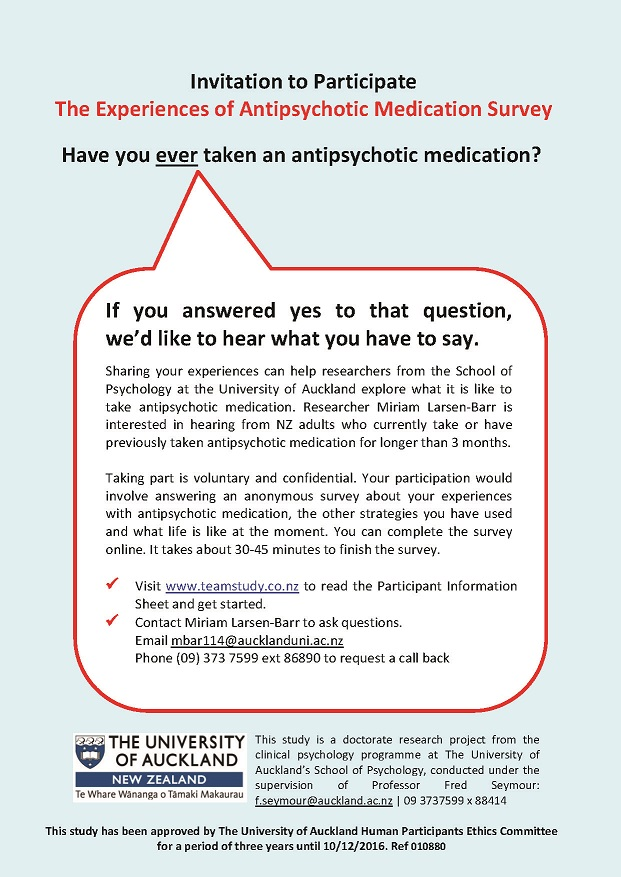Psychosis, Vol. 5, No. 3, 01 Oct 2013 is now available on Taylor & Francis Online.
Special Issue: Voices in a Positive Light
This new issue contains the following articles:
Editorial
Special edition: Voices in a Positive Light
Dr. Angela Woods, Marius Romme, Dr Simon McCarthy-Jones, Dr Sandra Escher & Ms Jacqui Dillon
Pages: 213-215
DOI: 10.1080/17522439.2013.843021
Special Edition
Illuminating the heterogeneity of voices in a multiple perspectives research paradigm
Summer Rae Schrader
Pages: 216-225
DOI: 10.1080/17522439.2013.845593
Inner speech and narrative development in children and young people who hear voices; three perspectives on a developmental phenomenon
Rachel Waddingham, Sandra Escher & Guy Dodgson
Pages: 226-235
DOI: 10.1080/17522439.2013.845594
A final common pathway to hearing voices: examining differences and similarities in clinical and non-clinical individuals
Kirstin Daalman & Kelly M. Diederen
Pages: 236-246
DOI: 10.1080/17522439.2013.796402
Spirituality and hearing voices: considering the relation
Simon McCarthy-Jones, Amanda Waegeli & John Watkins
Pages: 247-258
DOI: 10.1080/17522439.2013.831945
The recovery process with hearing voices: accepting as well as exploring their emotional background through a supported process
Marius Romme & Mervyn Morris
Pages: 259-269
DOI: 10.1080/17522439.2013.830641
The origins of voices: links between life history and voice hearing in a survey of 100 cases
Dirk Corstens & Eleanor Longden
Pages: 270-285
DOI: 10.1080/17522439.2013.816337
Hearing voices peer support groups: a powerful alternative for people in distress
Jacqui Dillon & Gail A. Hornstein
Pages: 286-295
DOI: 10.1080/17522439.2013.843020
Other Articles
Cognitive behavioral therapy for psychosis – training practices and dissemination in the United States
D. Kimhy, N. Tarrier, S. Essock, D. Malaspina, D. Cabannis & A.T. Beck
Pages: 296-305
DOI: 10.1080/17522439.2012.704932
Working together: Service Users and researchers in Psychosis research
Sandra T. Neil, Jason Price, Liz Pitt, Mary Welford, Sarah Nothard, William Sellwood, John Mulligan & Anthony P. Morrison
Pages: 306-316
DOI: 10.1080/17522439.2012.704931
Book Reviews
Hearing voices – the histories, causes and meanings of auditory verbal hallucinations
Adèle de Jager
Pages: 317-321
DOI: 10.1080/17522439.2013.806571
Sullivan revisited – Life and work: Harry Stack Sullivan’s relevance for contemporary psychiatry, psychotherapy and psychoanalysis
Jan Olav Johannessen
Pages: 319-320
DOI: 10.1080/17522439.2013.778898
Madness contested: power and practice
Sami Timimi
Pages: 320-321
DOI: 10.1080/17522439.2013.806572







